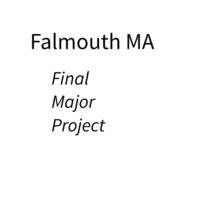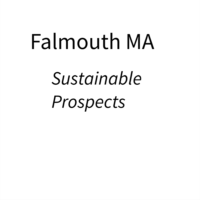Nicola Shipley Director, GRAIN Projects, Curator
Nicola Shipley works as a Producer, Curator, Project Manager, Mentor and Consultant, specialising in photography. She is Director of GRAIN Projects, based in Birmingham UK, delivering a range of projects, commissions and exhibitions in collaboration with photographers. She trained as an art historian, has an MA in History of Art, and a background in the visual arts, including in commissioning, exhibitions, collections, public art, artists education and professional development.
Nicola works with organisations looking to apply for funding from organisations such as the arts council. Her talk was aimed to provide the group with guidance on sources of funding plus advise on the funding process itself.
Nicola initially walked through the different sources of funding that include Arts Council, Trusts, Companies and other bodies. She explained that certain types of funding are not open to individuals yet if you establish a relationship with an organisation, they can apply on your behalf.
Many grants stipulate or expect a level of matched funding that can be as low as 10% of the funding requested. Though the matched funding does not need to be money and in kind support. Big corporations are setting up funding schemes as part of their corporate social responsibility agenda.
Alongside the Arts Council there is Heritage Lottery funding that is less difficult to secure than Arts Council funding. When applying they are looking for information on the audience for the work and how you intend to engage with that audience. There are grants available for developing your practice if you can justify why certain skills need to be acquired as part of your project.
Only 10% of grant applications are successful. Project applications are more successful if they do not last longer than 12 months and the project can not start prior to the grant being awarded. Though some level of research is likely to be required to document the project and its objectives.
Applications for the Arts Council and a number of other funding applications take place on Grantium. Registration on the system can take up to 3 weeks therefore it is important to allow sufficient time for that step of the process. Once you have established a track record you are more likely to be successful with subsequent applications. To apply as a collective you need to have a written governing document and a bank account.
Nicola suggested that the Arts Council funding template is a good starting point for any application as most funding bodies will be looking for similar information. Given the importance of audiences in arts outcomes Nicola suggested that it is important to look at research into audience development that in many cases can be found on the funding organisations website.
Evaluation of funding applications are a mix of quantitive and qualitative assessments. Many applications fail because things like budgets do not balance or sections of the application have not been completed. Budgets are expected to include payment for the artist. The budget should include estimates for time provided by consultants/experts even if their time is provided in kind rather than expensed. Funding applications should not include capital items as the benefit should relate to the specific project. For UK applications it takes about 6 weeks to get a response to your application within a funding round. Applications can be resubmitted but should be adjusted before being resubmitted. Some funding sources have a limit on the number of time that you can submit a specific funding application.
Nicola suggested partnering with someone who has experience of successfully securing funding to avoid making simple errors that can cause an application to get rejected plus it helps establish credibility. Other tips include making sure you do not start the project before funding is awarded and structuring the project into phases if it is going to last longer than 12 months. It is also advisable to request smaller levels of funding until your track record is established.




